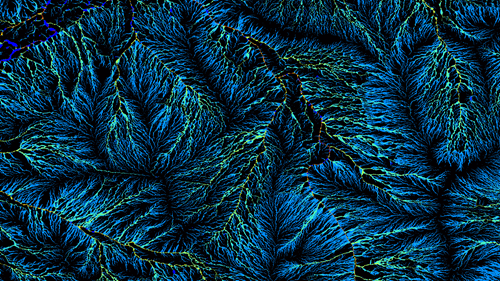'Radio Galaxy Zoo', launching today, is a new ‘citizen science' project that lets anyone become a cosmic explorer.
By matching galaxy images with radio images from CSIRO’s Australia Telescope, you can work out if a galaxy has a supermassive black hole.
"It takes about a minute to learn what to do," said CSIRO's Dr Julie Banfield, an Australian coordinator of the international project.
"Then to actually work with the images takes only a few seconds each — perhaps a couple of minutes for the really tough ones.
"You just need match up a couple of pictures and look for what you think is the galaxy at their centre."
Join up and you'll be part of a community of almost a million people who work in the 'Zooniverse' — a set of citizen-science projects covering everything from galaxy shapes to cancer data and whale songs.
The first Zooniverse project, Galaxy Zoo, was started by astronomers Chris Lintott and Kevin Schawinski in 2006 when they were both at Oxford University.
"Galaxy Zoo and the other projects have been producing real science, science that gets published," said CSIRO's Dr Ivy Wong, who has also been working to set up Radio Galaxy Zoo.
"Everyone, literally everyone, can now help to make discoveries."

